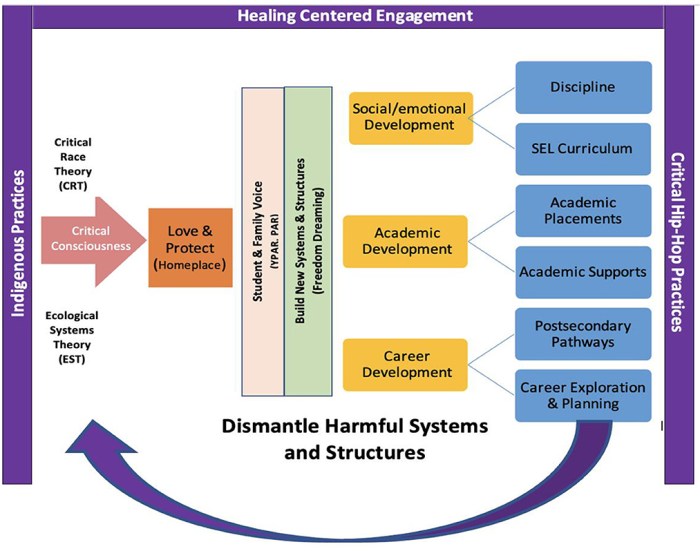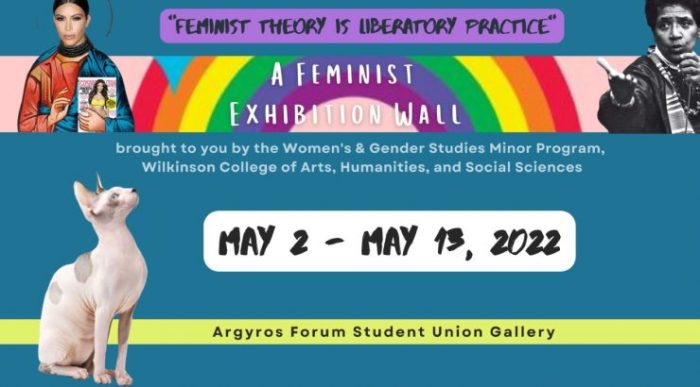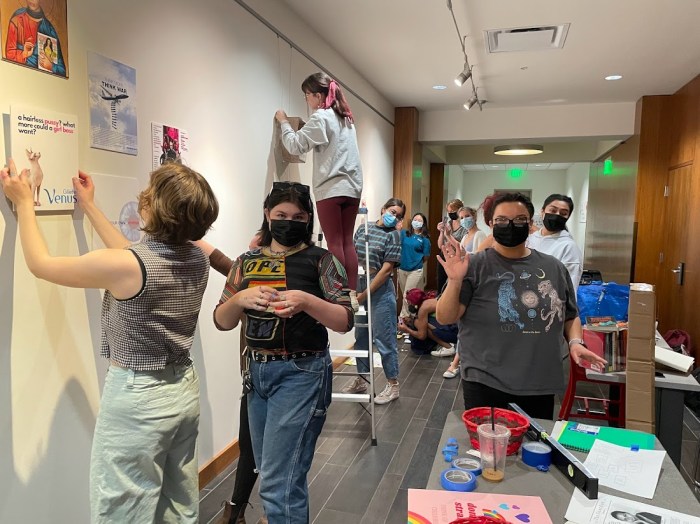Theory as liberatory practice summary – Embark on an exploration of theory as liberatory practice, a transformative approach that harnesses the power of critical inquiry to challenge oppressive structures and empower marginalized communities. This summary delves into the historical roots, applications, and ethical considerations of this groundbreaking theory.
Theoretical Framework

Theory as liberatory practice is a theoretical framework that emphasizes the role of theory in empowering marginalized communities and promoting social change. It posits that theory is not merely an abstract concept but a tool that can be used to analyze and challenge oppressive structures and create more just and equitable societies.
The historical and philosophical roots of this theory can be traced back to the work of critical theorists such as Karl Marx, Antonio Gramsci, and Paulo Freire. These thinkers argued that theory is not neutral but is always shaped by the social and political context in which it is produced.
They believed that theory should be used to critique existing power structures and to develop strategies for social transformation.
There are numerous examples of how theory has been used as a tool for liberation. For instance, feminist theory has been used to challenge patriarchal norms and to advocate for the rights of women. Critical race theory has been used to expose the systemic racism that exists in society and to develop strategies for combating it.
Queer theory has been used to challenge heteronormative assumptions and to create more inclusive spaces for LGBTQ+ people.
Applications of Theory as Liberatory Practice
Theory as liberatory practice has been applied in a wide range of fields and disciplines, including sociology, education, psychology, and political science. In each of these fields, theory has been used to challenge oppressive structures and to promote social change.
For example, in sociology, theory has been used to analyze the social construction of race, class, and gender. This research has helped to expose the ways in which these categories are used to justify inequality and oppression. In education, theory has been used to develop critical pedagogy, which is an approach to teaching that emphasizes the importance of social justice and student empowerment.
In psychology, theory has been used to develop therapeutic approaches that are designed to help marginalized people overcome the effects of oppression.
Despite its potential for liberation, theory as liberatory practice is not without its challenges and limitations. One challenge is that theory can be difficult to understand and apply. Another challenge is that theory can be used to justify oppressive practices.
It is important to be aware of these challenges and to use theory in a way that is ethical and responsible.
Methods and Methodologies

There are a variety of different methods and methodologies that can be used in theory as liberatory practice. These methods include:
- Critical discourse analysis
- Ethnography
- Grounded theory
- Participatory action research
These methods are all designed to help researchers understand the social world and to develop strategies for social change. Critical discourse analysis is a method that can be used to analyze the ways in which language is used to maintain power and oppression.
Ethnography is a method that involves observing and participating in a particular social setting. Grounded theory is a method that can be used to develop theories from data that is collected from the field. Participatory action research is a method that involves working with community members to identify and address social problems.
Ethical Considerations: Theory As Liberatory Practice Summary

There are a number of ethical considerations that must be taken into account when using theory as liberatory practice. These considerations include:
- The potential for harm
- The importance of consent
- The need for transparency
- The importance of accountability
It is important to be aware of these ethical considerations and to use theory in a way that is ethical and responsible.
Future Directions

Theory as liberatory practice is a rapidly growing field. There are a number of emerging trends and developments in this field, including:
- The use of theory to develop new social movements
- The use of theory to inform policy and decision-making
- The development of new methods and methodologies for theory as liberatory practice
These trends and developments suggest that theory as liberatory practice will continue to play an important role in the struggle for social justice.
FAQ Summary
What is the core concept of theory as liberatory practice?
Theory as liberatory practice views theory not merely as an abstract concept but as a tool for social change. It empowers individuals and communities to critically examine their own experiences and challenge systems of oppression.
How has theory been used as a liberatory tool?
Theory has been instrumental in various liberation movements, including the civil rights movement, feminist movements, and anti-colonial struggles. It provides a framework for understanding oppression and developing strategies for resistance.
What are some ethical considerations in using theory as liberatory practice?
Ethical considerations include ensuring that theory is used to empower rather than disempower marginalized communities, respecting the autonomy of individuals, and acknowledging the potential for unintended consequences.